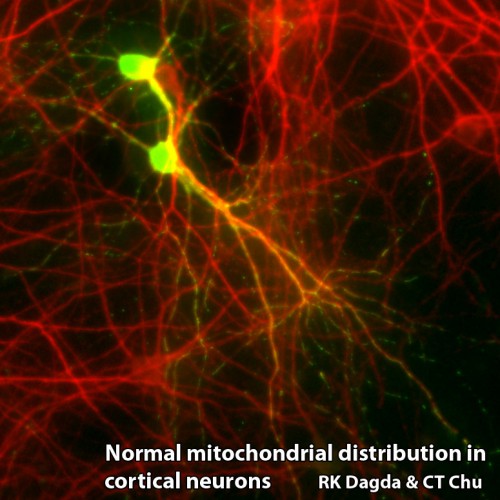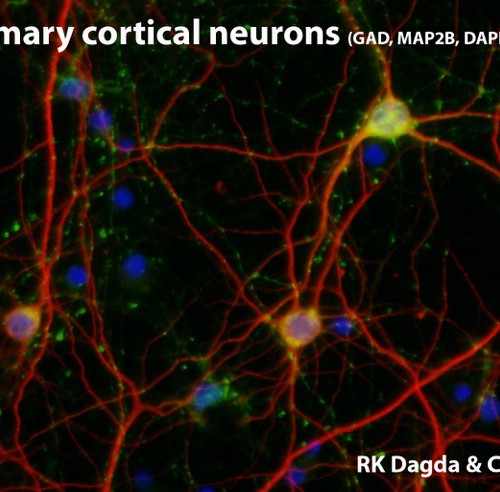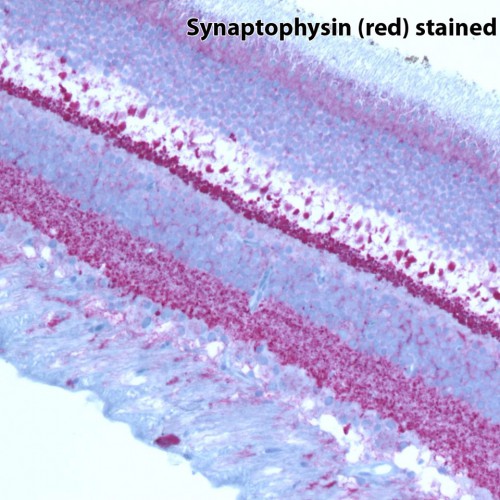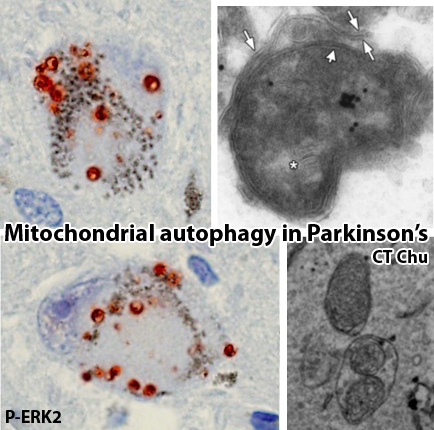
Charleen T. Chu, MD, PhD
Professor of Pathology and A. Julio Martinez Chair of Neuropathology
E-mail WebsiteInterests
My laboratory studies neuronal autophagy, protein kinases and mitochondrial pathobiology, with an emphasis on genetic and toxin models of Parkinson’s disease. I have >26 years of research experience with cell signaling, proteolysis and post-translational protein modifications, with additional expertise in immunochemical image analysis as a practicing neuropathologist. A central area of interest involves the regulation of mitochondrial function and turnover, studied with respect to: 1) toxins that affect mitochondrial function, and 2) kinases whose mutations cause familial Parkinson’s disease. Using cell biologic, molecular imaging and mass spectrometry approaches, my team identified novel phosphorylation sites of the major autophagy protein LC3, and of the mitochondrial transcription factor A (TFAM A), which modulate dendritic/post-synaptic neuron injury. We also discovered a basic mechanism by which damaged mitochondria are recognized by the autophagy system for clearance, based on redistribution of the inner membrane phospholipid cardiolipin. Current efforts are directed at the interplay of aging and calcium dysegulation in the LRRK2 model, mechanisms that regulate PINK1 processing and the subcellular compartmentalization of its function in neurons, and transcriptional (mtDNA and nDNA) mechanisms that underlie the catabolic-anabolic imbalance leading to neurodegeneration.
Dr. Charleen Chu is Professor in the Department of Pathology, University of Pittsburgh School of Medicine, where she holds the A. Julio Martinez Chair in Neuropathology. She is a Faculty Member of the Center for Neuroscience at the University of Pittsburgh, and a member of the Mitochondria, Aging and Metabolism working group. In addition, Dr. Chu is the Director of Ophthalmic Pathology and serves on the Medical Staff of several UPMC hospitals. Dr. Chu is Co-Director of the Pathologist Investigator Residency-Research Training Program.
Dr. Chu graduated summa cum laude from Harvard University with an AB degree in Biology in 1987. She went on to receive a PhD in Pathology-Biochemistry and an MD from Duke University in the years 1993 and 1994, respectively, in the Medical Scientist Training Program. Following graduation, Dr. Chu continued training in Anatomic Pathology, Neuropathology, and Ophthalmic Pathology fellowships at Duke University, receiving a Neuro-Oncology Postdoctoral Research Fellowship, before joining the faculty at the University of Pittsburgh in 1998.
Training
| AB | Biology | Harvard University | 1987 |
| PhD | Pathology-Biochemistry | Duke University | 1993 |
| MD | Medicine | Duke University | 1994 |
Honors and awards
Among other honors, Dr. Chu was the recipient of the Julie Martin Mid-Career Award in Aging Research (Ellison Medical Foundation/AFAR, 2009-2013), the Emerging Female Scientist Award Winner of the 14th Annual Carnegie Science Awards (2010), the American Society for Clinical Investigation (ASCI) Honor Society (elected 2010), the ASIP Outstanding Investigator Award (2010), and the American Association of University Pathologists – The Pluto Society (elected 2014).
Gallery
Selected Publications
CT Chu, J Ji, RK Dagda, JF Jiang, YY Tyurina, AA Kapralov, VA Tyurin, N Yanamala, IH Shrivastava, D Mohammadyani, KZQ Wang, J Zhu, J Klein-Seetharaman, K Balasubramanian, AA Amoscato, G Borisenko, Z Huang, AM Gusdon, A Cheikhi, EK Steer, R Wang, C Baty, S Watkins, I Bahar, H Bayır & VE Kagan (2013) Cardiolipin externalization to the outer mitochondrial membrane acts as an elimination signal for mitophagy in neuronal cells. Nature Cell Biol 15:1197-1205.PMC3806088. F1000 Cell Biology, Neuroscience and Microbiology Recommended.
RK Dagda, I Pien, R Wang, J Zhu, KZQ Wang, J Callio, TD Banerjee, RY Dagda & CT Chu (2014) Beyond the mitochondrion: cytosolic PINK1 remodels dendrites through Protein Kinase A. J Neurochem 128: 864-877. PMC3951661
E Plowey, JW Johnson, D Eisenberg, NM Valentino, YJ Liu & CT Chu. (2014) Mutant LRRK2 overexpression in cultured cortical neurons elicits glutamatergic synapse activity and excitotoxic neurite degeneration.Biochim. Biophys. Acta (Molecular Basis of Disease) 1842: 1596-1603. PMC4144018
VP Patel & CT Chu. (2014) Decreased SIRT2 activity leads to altered microtubule dynamics in oxidatively-stressed neuronal cells: Implications for Parkinson’s disease. Exp. Neurol. 257: 170-181. PMC4141566
KZQ Wang, J Zhu, RK Dagda, G Uechi, SJ Cherra III, AM Gusdon, M Balasubramani & CT Chu. (2014) ERK-mediated phosphorylation of TFAM downregulates mitochondrial transcription.Mitochondrion, 17: 132-140. PMC4134365



